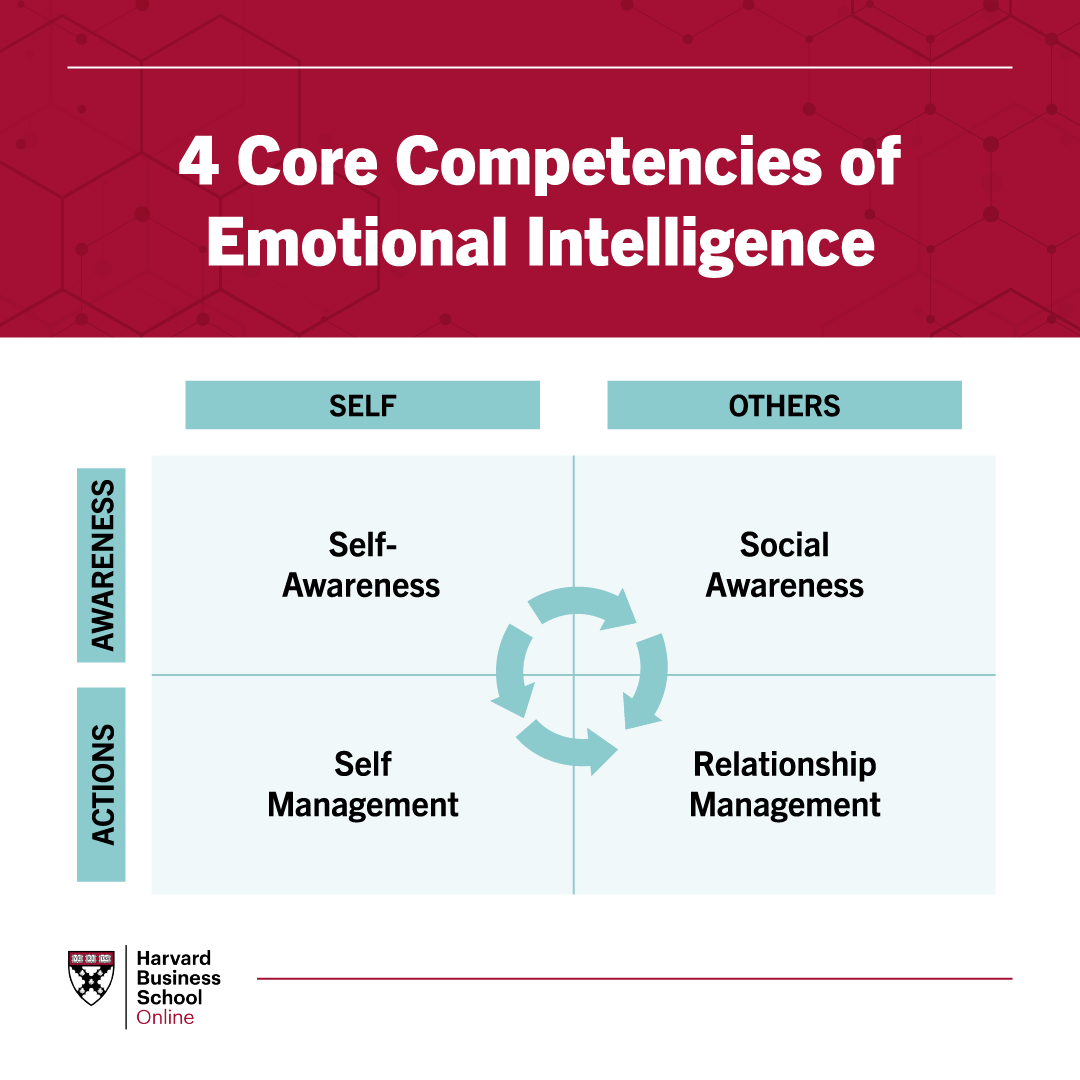Bounce Back From a Work Disaster
Work missteps happen to all of us - here's how to get back on track.
We’ve all been there: we absolutely bomb a presentation in front of a major client or our boss (or both), or we completely miss a deadline we really should have been on top of, or some other major stumble at work that cuts deep to the core of our confidence. Our initial reaction is to fix it immediately - get right to work, take action, fix whatever we broke, and get our world back to normal.
While that may make us feel better, it isn’t the best course of action. Being that reactive may feed our ego and drive a short-term psychological benefit, but it also vastly increases the chance of simply compounding the existing mistake and making it even worse. There are many reasons for this, but thankfully there’s also ways to combat it.
EI, EI, Oh
When we make that mistake and go immediately to fix it, we begin to cede control from our rational and thinking side to our emotional side. And when we begin to make business decisions out of emotion as opposed to logic, we are setting ourselves up to further the mistake into something much larger.
The ideal scenario is to stop and first process the feelings - and this is where emotional intelligence is paramount. For those leaders lacking in this space, the kind of self awareness required to slow down for a moment and recover from a work setback is that much harder.

In order to fix your own mistake, you need to ensure you’re in the logical and rational zone when you take action, versus the emotional and pain-avoidance zone. This requires EI (or EQ as it’s sometimes called.) It’s also good for those employees you’re leading, as understanding their emotional state as they try to bounce back from a work mistake will help them develop their own EI.
This is something that takes time - you can’t just turn it on and off when the situation calls for it. There’s a test you can take to see where you stand, and if there’s room for improvement begin trying to go down that educational path now so you’re ready if (really when) the time requires a strong EI-skilled individual at work. Outside of this, if you have any thoughts of trying to ascend to leadership, EI is crucial in today’s corporate world.
Ride Slow Homie
Take a lesson from Paul Wall and simply slow down when you feel that sense of dread or panic. This can mean simply taking a breath in a meeting if you’ve really stepped in it (the pause required for this in a meeting feels a lot longer in your head than it actually is in the room) or walking away from the computer for a minute if it’s a situation that’s more online.
This allows you time to tap into your EI and your emotions to wane a bit, allowing the overarching corporate building blocks of logic and reason back into the majority of the equation.
The goal here is to remove as much reactivity as possible from any kind of response or damage control. It’s extremely obvious when things are done at work reactively and it just makes the hole you need to dig out of deeper. Good decisions simply aren’t made in an emotional state.
Thinking Like Lincoln
Your job should not feel as stressful as Abe Lincoln’s was - the imminent threat of assassination, the bloodiest conflict in American history with the country pitted against itself, a team of rivals, with millions of human beings in chattel slavery depending on you for freedom. If your job is that stressful, leave.
Honest Abe had a practice that he called “Never Signed, Never Delivered.” In this, there would be some event that sent him off (usually a Union military failure, of which there were many to choose from in the early years of the war) and he would retire to his office to put pen to paper and write an excoriating letter to the party who had aggrieved him. The most famous example of this is a letter in an envelope ready to go to Union General George Meade after he inexplicably allowed Robert E. Lee to escape Gettysburg.
Abe would leave these letters in the drawer and wait until the next morning to decided whether to send them or not (he didn’t send many of them, including the one to Meade.) This gave Lincoln the time to remove emotion from the equation, allowing logic and reason the throne they deserve.
This is a lot harder in our day, when a letter that likely took Lincoln close to half and hour to compose would take us mere minutes to write in an email and send out. While the latter might give us a slight dopamine hit (entire industries are based on this), the long term is only hurt by it (see those same industries.)
So sit down, write that email that you were going to in the heat of the moment to fix your situation or tell someone off in a brash response to a work issue, but leave it in the drafts folder. If you’re still aligned with the messaging the next day, go ahead and send it with a clear mind. Otherwise, adjust your reaction to the setback accordingly and send it through knowing logic and reason won the day.
Grab Bag Sections
WTF Cookie Notices: As I said in my ode to the MKE, I was on the other side of the pond last week on some business (my wife was thrilled.) Milwaukee to London is a bit of a culture shock, but they both enjoy a good beer so the transition was softened a bit.
One thing I was not ready for was the utter onslaught of cookie notices that greeted this (tired) American the second I deplaned at Gatwick. We've begun to see these types of things pick up in the digital world in the States, but the Brits (and, I imagine, the rest of Europe) have taken it to a level I can only describe as obstructionist art.
Take, for example, the Wall Street Journal. You're not allowed to read a single headline before you make a choice on cookies. And this is simply a single emblematic instance of cookie consent gone wild (for the record I read NONE of the consent language - take that, GDPR!) I was relieved to get back to the States and be able to read about the latest hellscape we've created for ourselves in the world without having to first accept cookies. America: land of the free, indeed.
Album of the Week: While I kept my eyes out for my favorite grime artists while in London, it turns out we might frequent different neighborhoods of The Great Smoke (also, not sure how I’d see anyone on the Tube when I have to tilt my head to the side in the low ceilings of the cars on the older lines.) That said, let’s dive into one of the pioneers of Afroswing - Gambian-British rapper J Hus and his debut studio album Common Sense.
J Hus’s flow over the melodic beats garnered a lot of critical acclaim for this album - Complex even named it the best British album of 2017. The intro (and title track) is a great intro to J Hus’s style. The best songs (and it’s tough to pick from all of them) can be found in “Closed Doors,” “Did You See",” “Like Your Style” (you knew it would be with the chipmunk soul sample), and “Good Time” (great Burna Boy feature.)
There are few skips on the album, but “Clartin” feels like a forced homage to the road rap movement in London that had a lot of influence on Afroswing (“Goodies” is a better road rap-esque track.) “Mash Up” has a great beat but the flow and lyrics are meh.
To only have two skips on a 17-track debut album, it’s pretty clear to see why Common Sense got as much praise as it did. It looks like his legal troubles are behind him, and his second and third albums were also critically acclaimed, avoiding the dreaded sophomore slump. When you think of the next generation of UK rap superstars, J Hus should be high on that list.
Quote of the Week: “For the first time in 86 years, the Boston Red Sox have won baseball’s world championship, can you believe it?” - Joe Castiglione, calling the 2004 World Series
See you next week!








